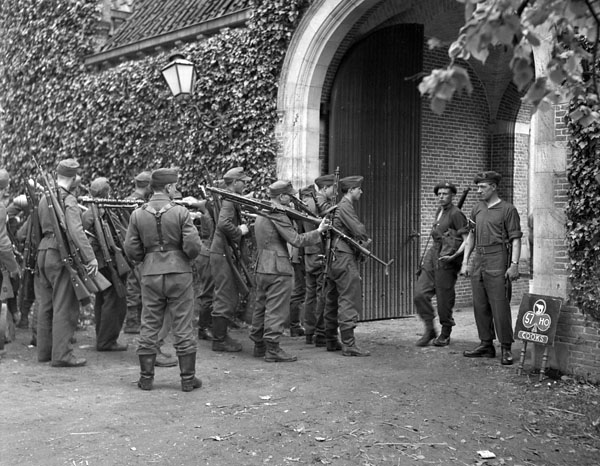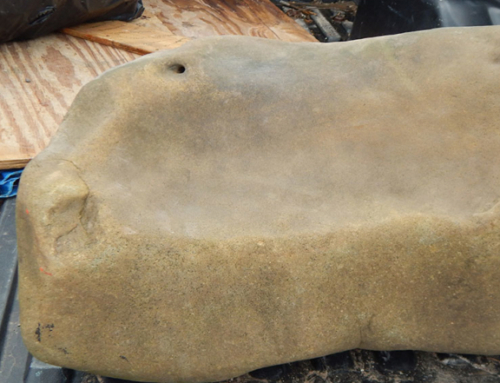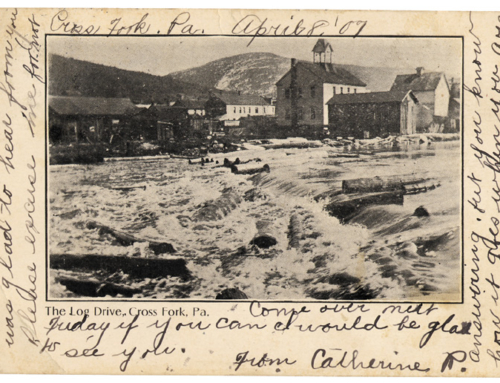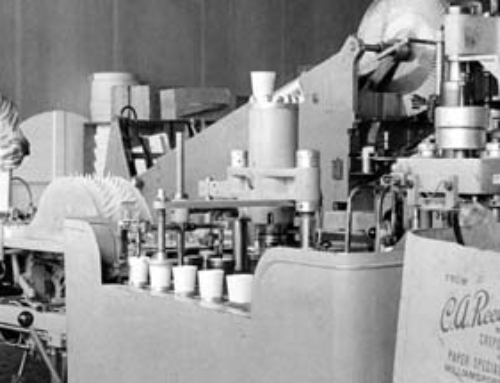The following is a reprint from Grit: America’s Greatest Family Newspaper
Plain Talk for a Nation
January 7, 1945
The United States Army has suffered a major setback in Western Europe. This must be admitted, no matter how the terrific battle in Belgium swings from now on. The Germans have achieved a major objective, the disruption of the planned United States drive into the rich Saar coal basin and the industrial Ruhr region.
The war in Europe has been prolonged months, perhaps even a year, for it will be spring before another major American offensive can be launched. Thus the Germans have procured valuable time, and that was largely what they were after.
It is now admitted that someone blundered in the line of military operations. The United States intelligence service was woefully weak. Already guarded statements are coming from France that a shake-up somewhere in the American command can be expected. The blunder cost the lives of tens of thousands of American soldiers, in addition to prolonging the conflict in Europe.
It is to be hoped that those really responsible are officially exposed. But expectations along this line are not too great. We haven’t yet learned who was responsible for the Pearl Harbor debacle.

German soldiers entering a concentration area to be disarmed by soldiers of the 1st Canadian Corps, Amsterdam, Netherlands, 9 May 1945. Published in Amsterdam, Netherlands. (Wikimedia Commons)
Here at home, we must also pay heavily for the set-back in Europe. This may be a good thing. We were so optimistic that we became overconfident. Final victory seemed so near at hand, so easy of accomplishment, that we began counting our chickens before they were hatched.
We neglected our war effort so much that we seriously crippled our ability to meet the emergency when it unexpectedly arose. We were so busy planning peace-time reconversion or arguing about the political quarrels that have beset nations freed of the Nazi yoke, that we forgot that winning the war should claim our whole attention and our entire effort.
It is time that we Americans, from those in Washington down to the humblest citizen, take this war effort far more seriously than we have been doing. We must match the German and Japanese home effort of nearly 100 percent for war with something better than the 50 or 60 percent support we have been giving here.
We need here at home far less of this “business as usual” attitude, and more of the “blood, sweat, and tears” stuff with which England met its great crisis four years ago.
We’ve got to win this war. The American people are capable of winning it if we make up our minds to do so. But we can’t just drift into victory. We’ve got to work and to fight for it. We shall have to learn to deny ourselves many things. We must produce far more than we have, and that means we must work harder, longer, and more steadily.
Above all, we need from Washington competent leadership in this renewed effort. We can get along with the sunny optimists. Real leadership and the whole truth about our losses are we need to steady our nerves, stiffen our backbone, and renew our faith in ourselves and our fighting men.













